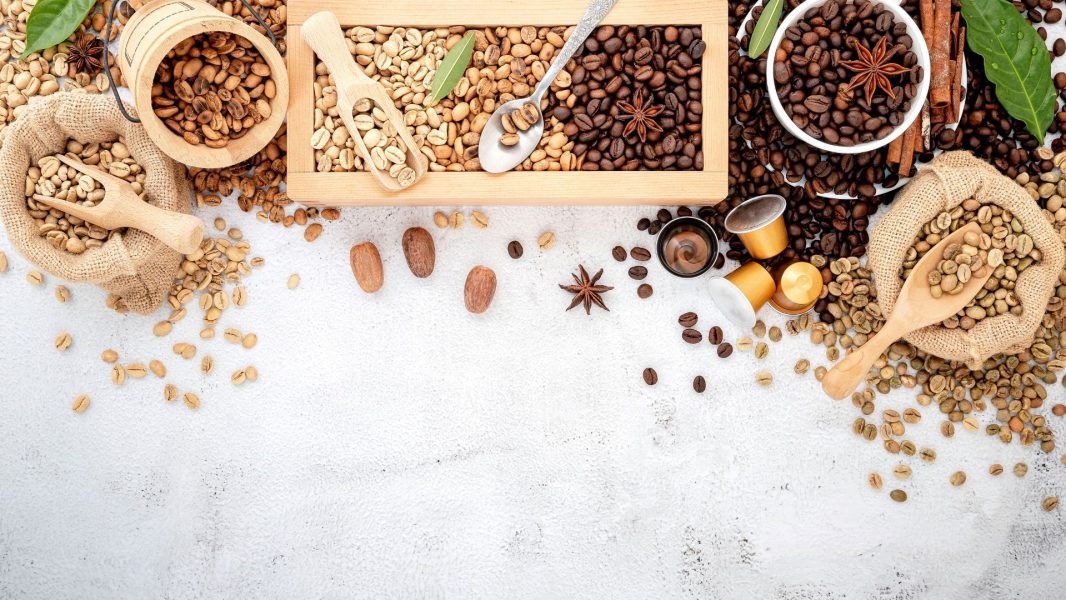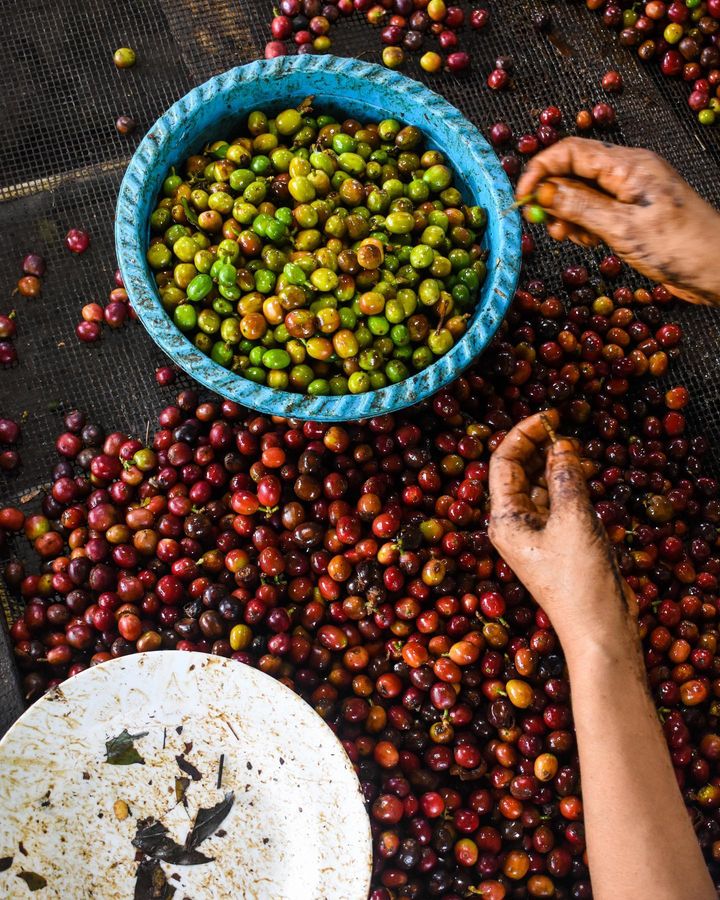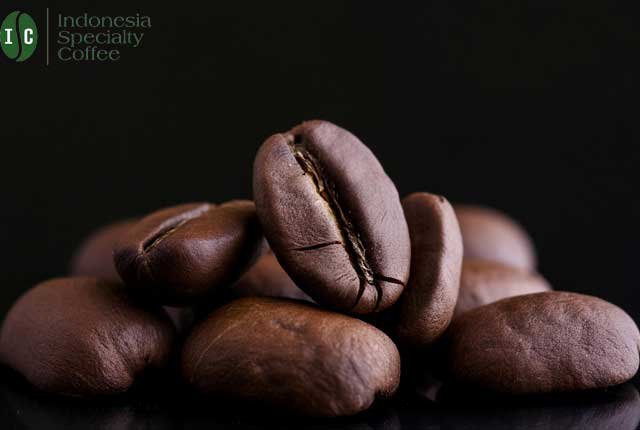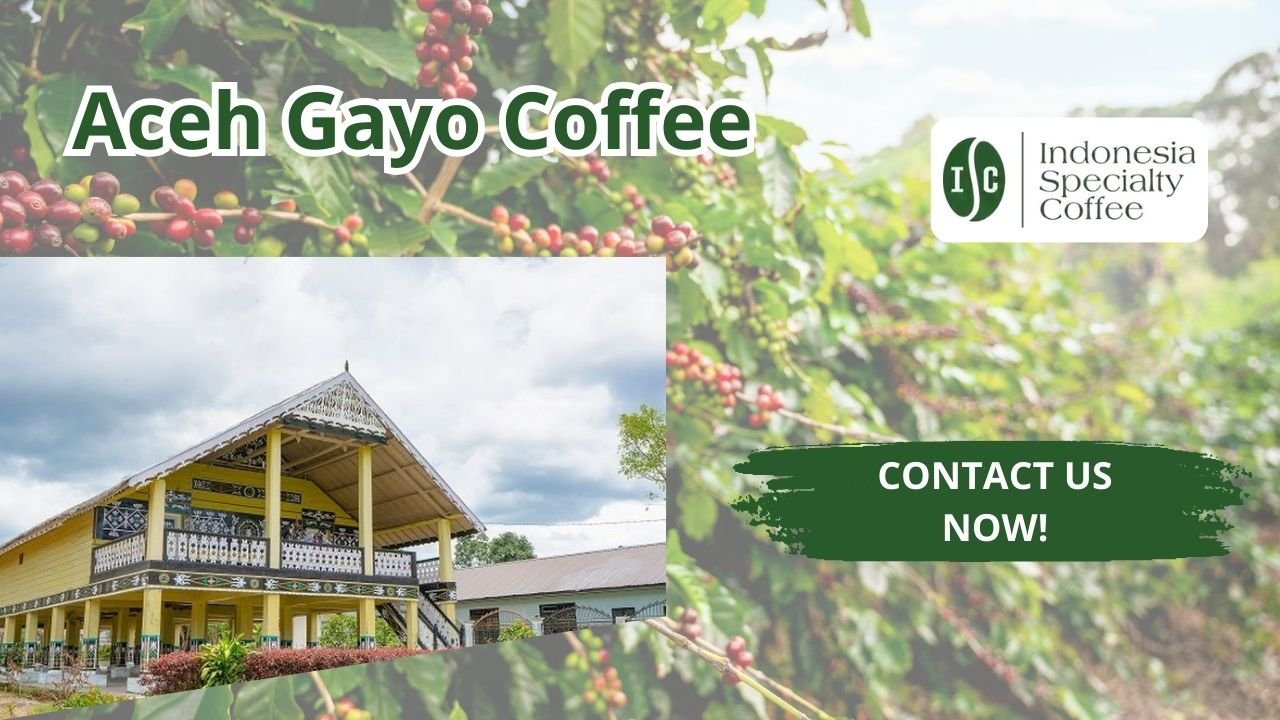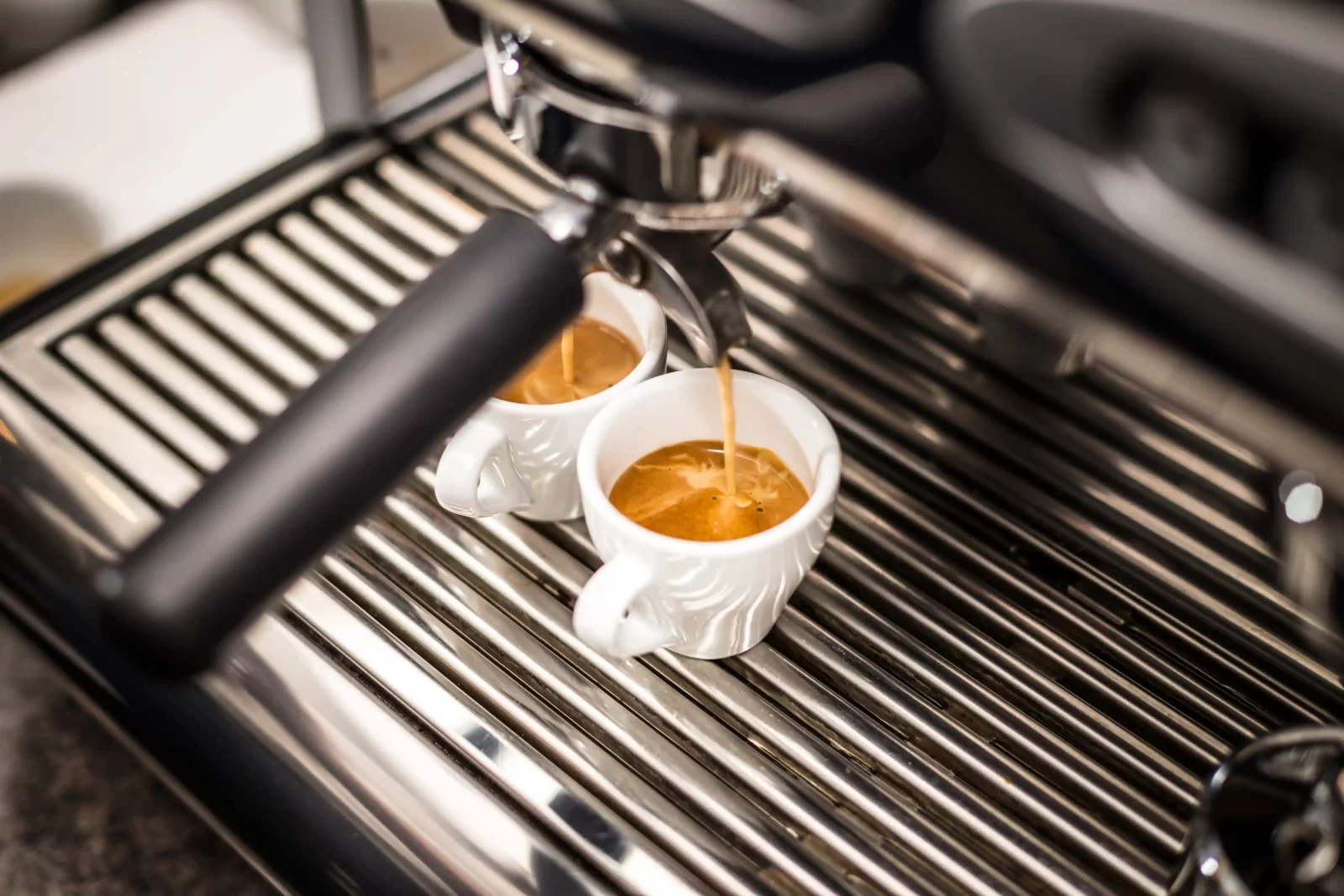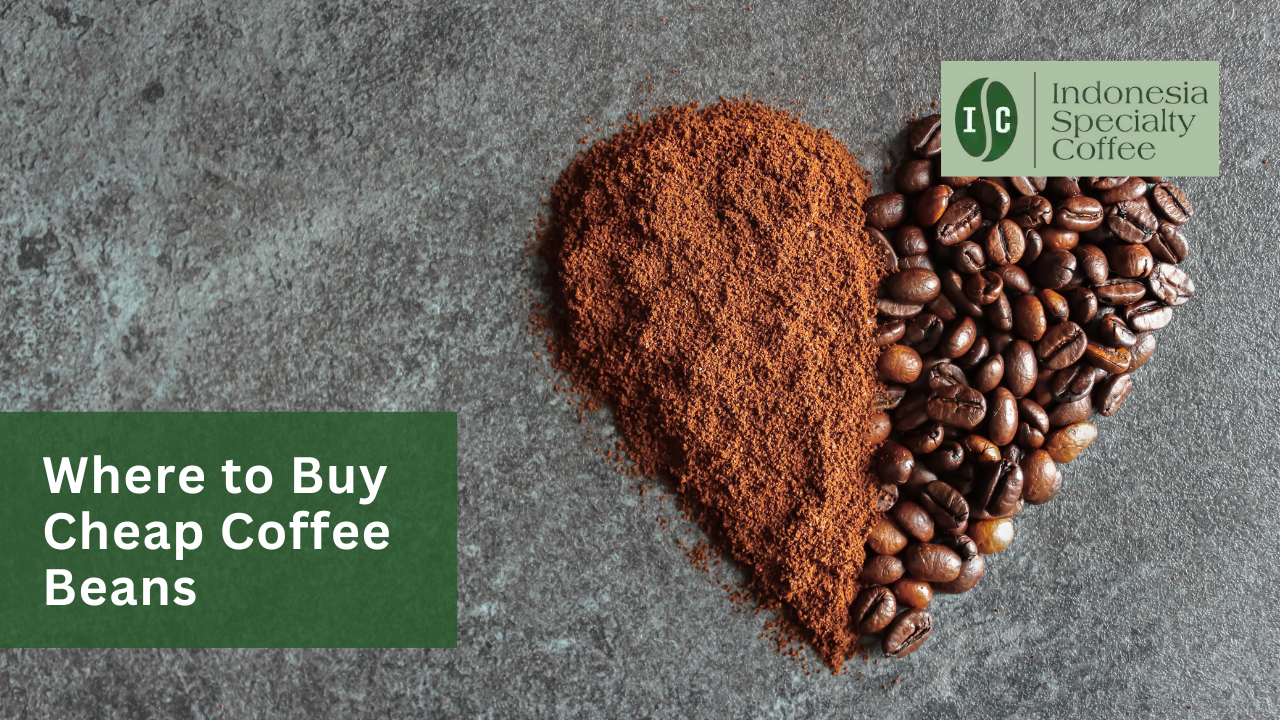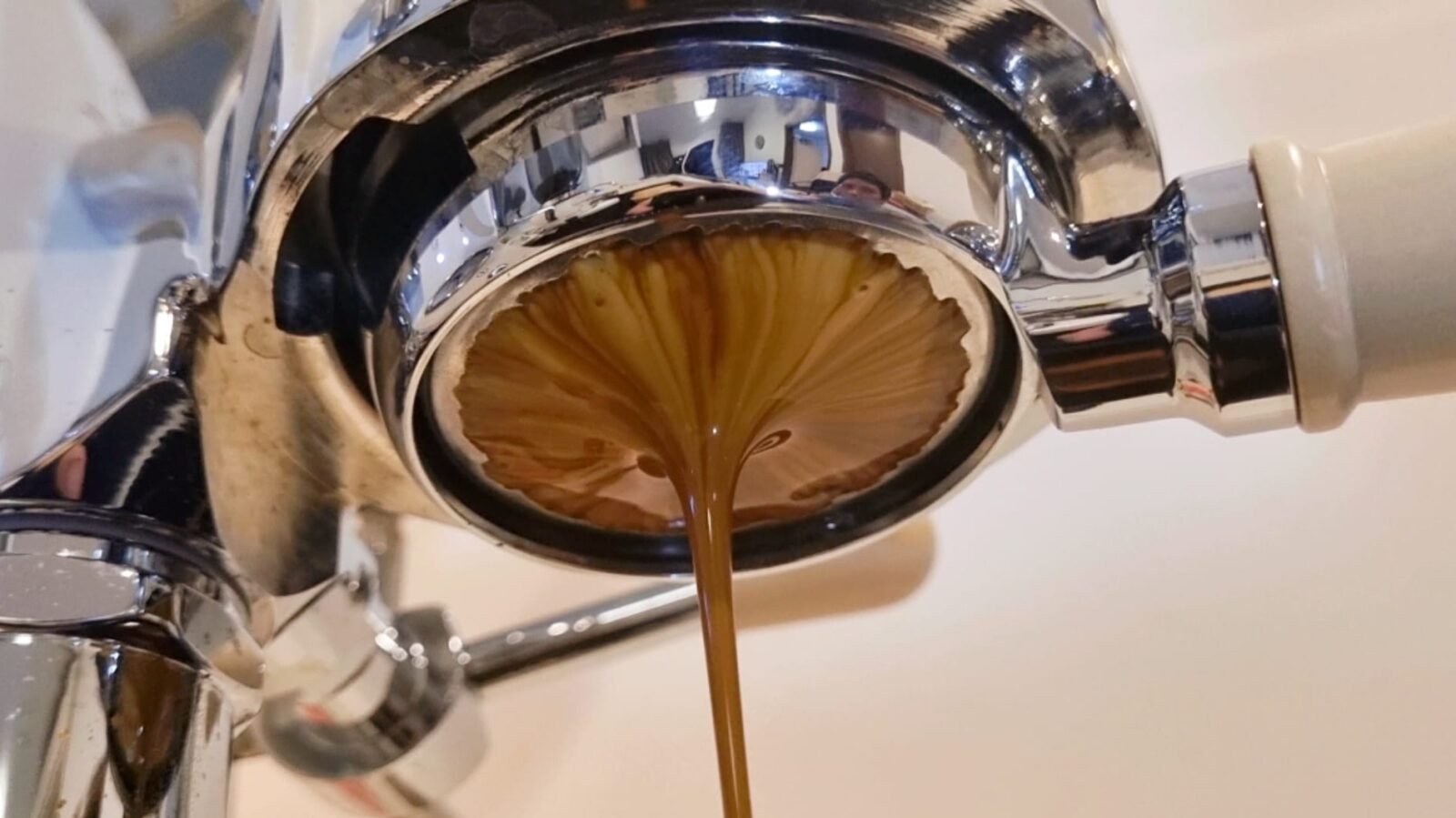Step into the world of coffee and discover the hidden secrets behind your favorite morning brew. In a world where coffee has become an essential part of daily life, it’s important to understand the difference between specialty coffee and commercial coffee. While they may both come from the same bean, the journey they take and the craftsmanship involved in each cup is vastly different.
Specialty coffee is like a work of art, carefully cultivated by passionate farmers who prioritize quality and sustainability. On the other hand, commercial coffee is mass-produced, often sacrificing flavor and uniqueness in favor of quantity. In this article, we will delve into the intricacies of specialty coffee, exploring its origins, the meticulous roasting process, and the impact it has on the environment and local communities. So, grab your favorite mug, sit back, and prepare to be enlightened as we unmask the true brew and unveil the fascinating difference between specialty coffee and its commercial counterpart.
What is specialty coffee?
Specialty coffee is the result of a meticulous and artisanal process, starting from the cultivation of the coffee plant all the way to the brewing of the final cup. It is typically made from Arabica beans, known for their superior quality and complex flavor profiles. These beans are grown in specific regions with ideal climate and soil conditions that enhance their natural flavors.
The journey of specialty coffee begins with passionate farmers who prioritize sustainable farming practices. They carefully nurture the coffee plants, ensuring optimal growth and health. The beans are handpicked when they reach peak ripeness, ensuring only the best cherries are selected. This attention to detail results in a higher quality bean that is packed with flavor.
Once harvested, the beans go through a rigorous process of sorting, cleaning, and drying. Specialty coffee is often processed using methods that preserve the unique characteristics of each bean, such as the natural or honey process. This allows the flavors to develop naturally, resulting in a more nuanced and complex cup of coffee.
What is commercial coffee?
Commercial coffee, on the other hand, is mass-produced and often prioritizes quantity over quality. It is usually made from a blend of Arabica and Robusta beans, with Robusta beans being cheaper and more widely available. These beans are often grown in large, industrialized farms where quantity is the main focus.
The cultivation process for commercial coffee involves the use of pesticides and fertilizers to maximize yield. The beans are typically machine-harvested, which can lead to a mix of ripe and unripe cherries being collected. This can negatively impact the flavor and quality of the final product.
Once harvested, commercial coffee goes through a less meticulous processing and sorting process. The beans are often roasted to a darker profile, resulting in a more bitter and less nuanced flavor. This is done to ensure consistency in taste across large batches of coffee.
The key difference between specialty coffee and commercial coffee

The key differences between specialty coffee and commercial coffee can be summarized in three main aspects: sourcing, taste, and impact.
Specialty coffee production and sourcing
As mentioned earlier, specialty coffee is sourced from specific regions that offer ideal growing conditions for the beans. The farmers who produce specialty coffee are often small-scale farmers who prioritize quality and sustainability. They use organic farming methods and take great care in ensuring the health and well-being of their coffee plants.
The sourcing of specialty coffee involves building direct relationships with farmers, ensuring fair prices and providing support for their communities. This allows farmers to invest in the quality of their crops and encourages sustainable farming practices.
Read also: Bean There, Done That: Rise of Specialty Coffee Market Growth
Commercial coffee production and sourcing
Commercial coffee, on the other hand, is often sourced from large-scale farms where quantity is the main focus. The farmers may use pesticides and fertilizers to maximize yield, which can have negative effects on the environment and the health of the coffee plants.
The sourcing of commercial coffee is typically done through intermediaries, such as coffee traders or brokers. This can result in a lack of transparency and fair prices for the farmers. The focus is on large quantities and consistency in taste, rather than the unique flavors that specialty coffee offers.
Read also: Brew for a Better World: Unveiling Sustainable Coffee Production
The taste and flavor profiles of specialty coffee
One of the most noticeable differences between specialty coffee and commercial coffee is the taste and flavor profiles. Specialty coffee is known for its complex and nuanced flavors, which can range from fruity and floral to chocolatey and nutty. Each cup of specialty coffee is a unique experience, with the flavors being a result of the specific growing conditions, processing methods, and roasting techniques.
Commercial coffee, on the other hand, tends to have a more generic and one-dimensional flavor profile. This is due to the use of lower-quality beans and a darker roast profile. The flavors are often dominated by bitterness and lack the complexity and depth that specialty coffee offers.
The impact of specialty coffee on local communities and the environment
Choosing specialty coffee not only provides you with a superior cup of coffee but also has a positive impact on local communities and the environment. Specialty coffee farmers are often paid higher prices for their beans, which allows them to invest in their farms and communities. This creates a sustainable and thriving coffee industry that supports the livelihoods of farmers and their families.
Additionally, specialty coffee farming practices prioritize sustainability and environmental conservation. Farmers use organic methods, promote biodiversity, and take steps to minimize water usage and waste. This reduces the carbon footprint of coffee production and helps preserve the natural habitats of coffee-growing regions.
Why choose specialty coffee over commercial coffee?
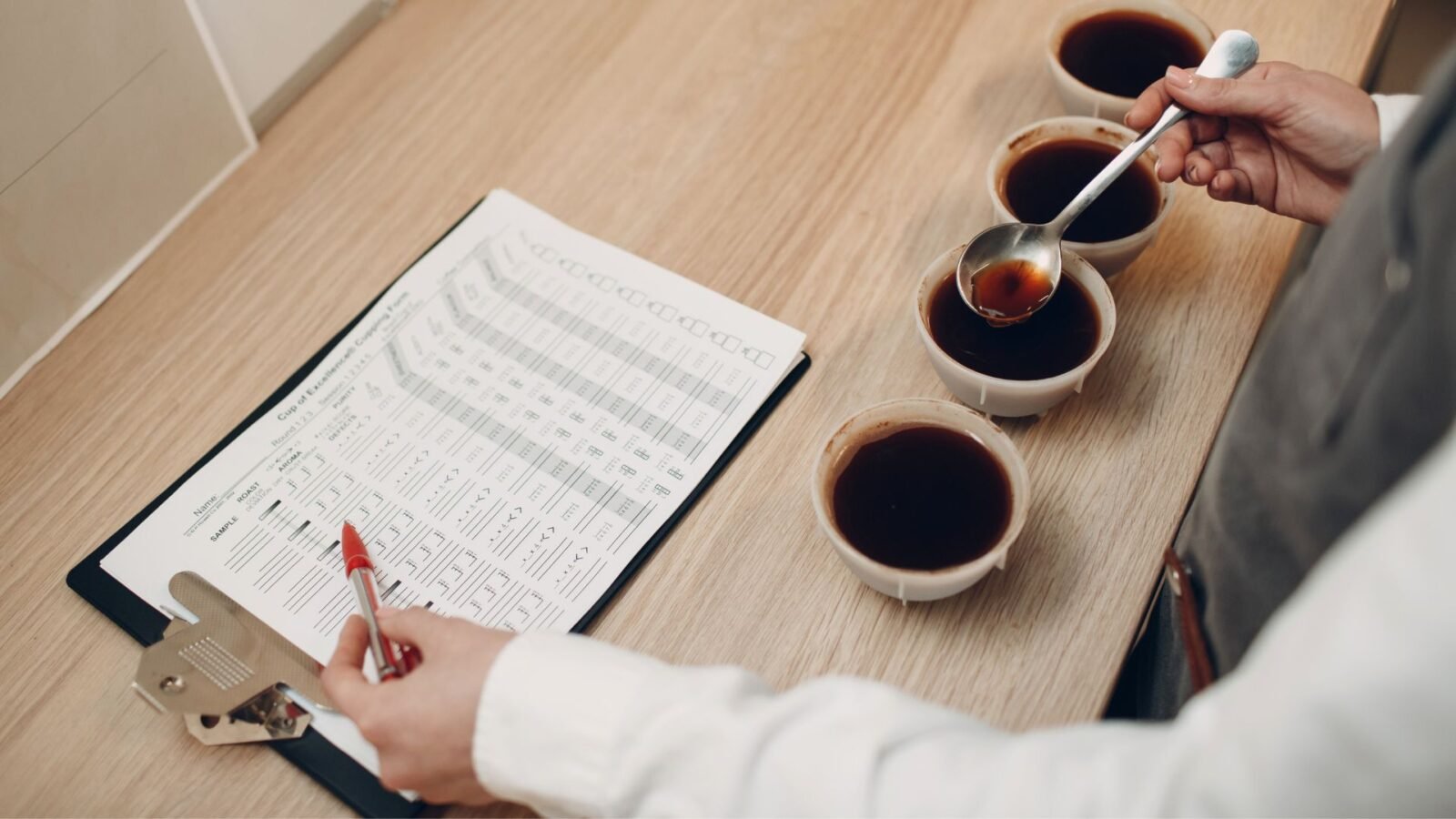
There are several compelling reasons to choose specialty coffee over commercial coffee. Firstly, the taste and flavor profiles of specialty coffee are far superior, offering a more enjoyable and unique coffee experience. Each cup of specialty coffee is a journey of flavors, allowing you to appreciate the complexity and nuances that the coffee world has to offer.
Secondly, by choosing specialty coffee, you are supporting small-scale farmers and sustainable farming practices. Your purchase directly contributes to the livelihoods of farmers and their communities, ensuring a fair and ethical coffee industry.
Lastly, specialty coffee is crafted with care and passion, making it a true work of art. From the cultivation of the coffee plant to the roasting process, every step is carefully executed to bring out the best flavors in the beans. This craftsmanship is evident in the final cup, creating a coffee experience that is truly worth savoring.
Where to find and purchase specialty coffee
Finding and purchasing specialty coffee has become easier in recent years, thanks to the growing demand and awareness of its unique qualities. Specialty coffee can be found in our specialty coffee product list, local roasters, and online platforms that specialize in high-quality coffee.
When purchasing specialty coffee, look for certifications such as Fair Trade, Organic, or Rainforest Alliance. These certifications ensure that the coffee has been sourced ethically and sustainably.
Tips for brewing the perfect cup of specialty coffee
To fully enjoy the flavors of specialty coffee, it’s important to brew it correctly. Here are a few tips to help you brew the perfect cup:
- Start with freshly roasted beans: Specialty coffee is best enjoyed within a few weeks of being roasted. Look for the roast date on the packaging and choose beans that have been recently roasted.
- Grind your beans just before brewing: Invest in a good quality burr grinder and grind your beans just before you’re ready to brew. This ensures maximum freshness and flavor.
- Use the right water temperature: The ideal water temperature for brewing specialty coffee is between 195°F and 205°F (90°C – 96°C). Using water that is too hot or too cold can result in a less-than-optimal cup of coffee.
- Practice the right brewing method: There are various brewing methods to choose from, such as pour-over, French press, or espresso. Experiment with different methods to find the one that suits your taste preferences.
- Take your time to enjoy: Specialty coffee is meant to be savored and enjoyed. Take a moment to appreciate the aroma, flavors, and the journey that each cup represents.
Conclusion
Specialty coffee and commercial coffee may both come from the same bean, but the difference in quality, flavor, and impact is undeniable. Specialty coffee is a true work of art, crafted by passionate farmers and artisans who prioritize quality, sustainability, and the unique flavors that coffee has to offer. By choosing specialty coffee, you not only elevate your coffee experience but also support a sustainable and ethical coffee industry. So, the next time you reach for your morning brew, consider opting for our specialty coffee and unmasking the true brew.

